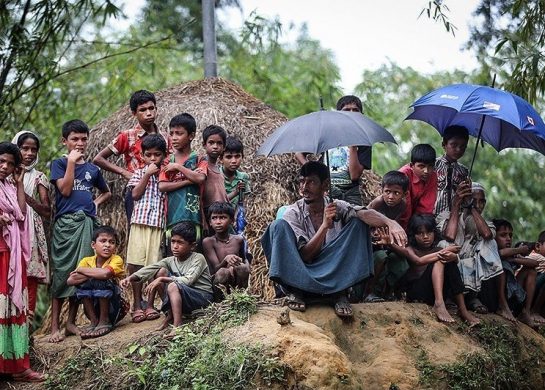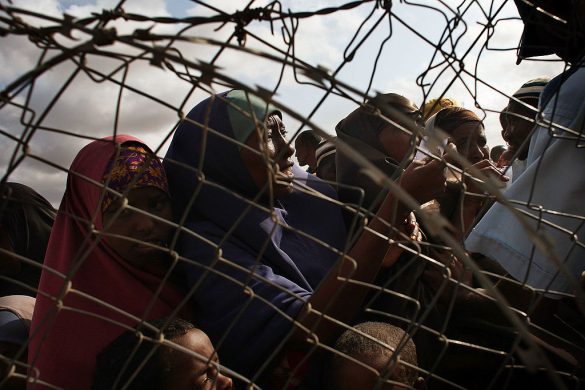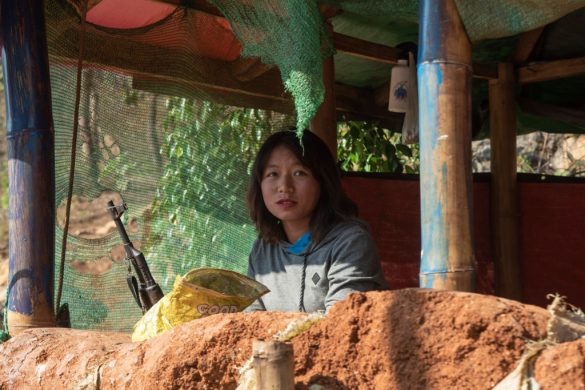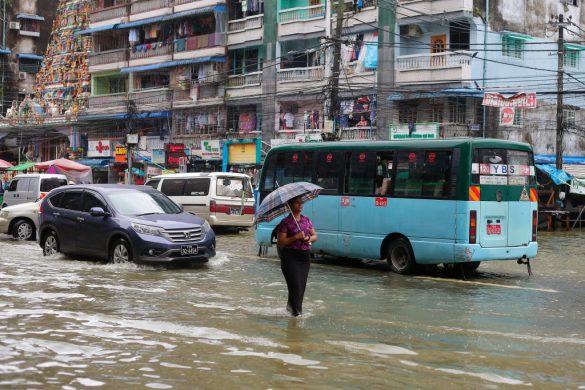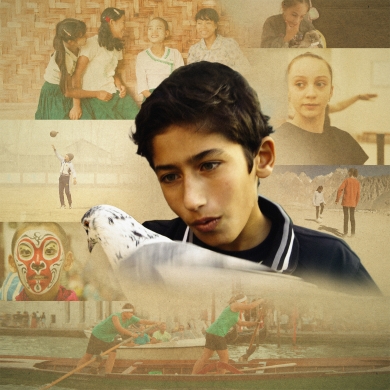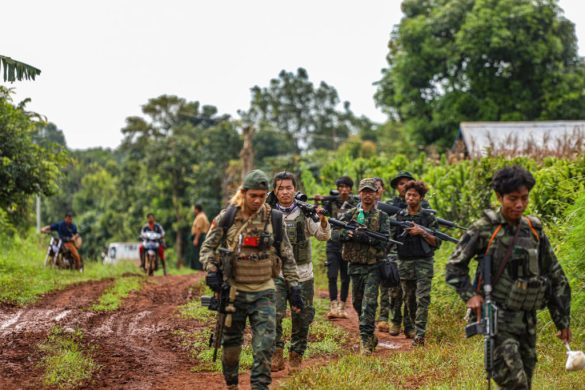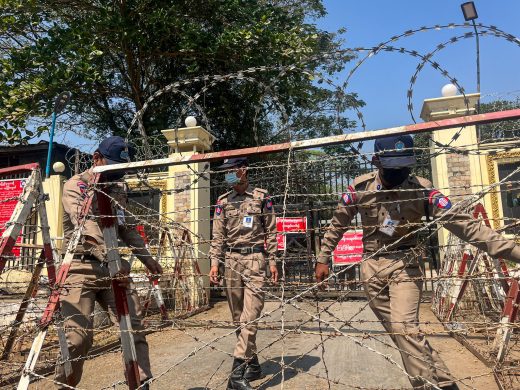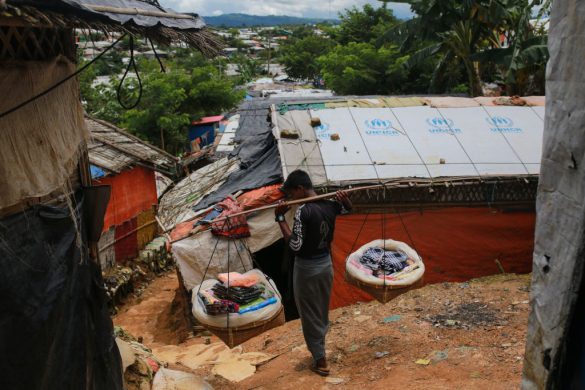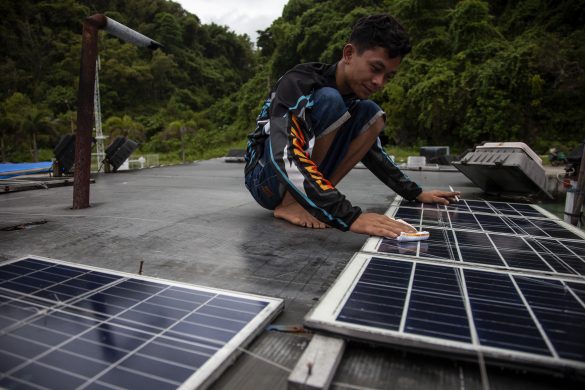De 42 organisationer arbejder alle i flygtningelejrene omkring byen Cox’s Bazar i Bangladesh eller i Rahkine-provinsen i Myanmar, hvor de muslimske rohingyaer kommer fra.
De støtter op om den udmelding som FN’s særlige rapportør for menneskerettigheder i Myanmar, Yanghee Lee, kom med tidligere på ugen. Hun sagde bl.a. at det vil være uretfærdigt og uholdbart at sende flygtninge tilbage til Myanmar inden der er fundet en løsning på kerneproblemet – forskelsbehandlingen af rohingyaerne.
Læs mere: FN-ekspert til Bangladesh: Drop hjemsendelser af rohingyaer (8.11.2018)
Blandt underskriverne på NGO-udtalelsen er Dansk Flygtninghjælp, Care, ActionAid, der har Mellemfolkeligt Samvirke som medlem, ACT Alliancen, hvor bl.a. Folkekirkens Nødhjælp er medlem, Plan International, Oxfam og Save the Children (Red Barnet).
Udtalelsen i sin fulde længde
Humanitarian and civil society agencies working in Rakhine State in Myanmar and in the Rohingya refugee camps in Bangladesh are deeply concerned that the repatriation of refugees will commence in mid-November, according to an announcement of the Joint Working Group of the Governments of Bangladesh and Myanmar on 30th October.
The Governments of Myanmar and Bangladesh have made assurances to the refugees and the international community that repatriation will only happen when it is safe, voluntary and dignified. We call on both governments to stand by their commitments.
The UN has repeatedly stated that conditions in Myanmar are not conducive to return at this time. Refugees continue to flee Myanmar and facilitating repatriation now would be premature. The involuntary return of refugees from Bangladesh to Myanmar, where their lives and safety remain at grave risk, is a violation of the fundamental principle of non-refoulement.
Refugees have consistently told us that they want to return to their own homes and places of origin, or to places of their choice. They want guarantees that they can enjoy equal rights and citizenship. They want assurances that the extreme human rights violations they have suffered will stop, and those responsible for the violence they fled will be brought to justice. They do not want to return to conditions of confinement with no freedom of movement or access to services and livelihoods. They fear that these conditions will become permanent, like the situation in Central Rakhine State where 128,000 Rohingya and other Muslims have been confined to camps with no freedom of movement for over six years.
Most of all, refugees tell us that they are afraid. They fled to Bangladesh to seek safety and they are very grateful to the Government of Bangladesh for giving them a safe haven. However, they are terrified about what will happen to them if they are returned to Myanmar now, and distressed by the lack of information they have received.
“We really want to go back, but not without citizenship… They must give us citizenship and a normal life, like the other people are living in Myanmar…. They need to keep us in peace and not hurt us.” “I have a brother back in Myanmar. … They are still afraid to sleep at night. They are still afraid to be killed in their beds. After coming here, through the blessings of Allah and the Bangladesh government, we can sleep at night. But my brother, he cannot sleep at night.” [Refugee woman living in camps, mid-thirties].”
As the UN agency mandated with the protection of refugees, UNHCR must play a key role in any organized return process, including providing refugees with objective, up-to-date, and accurate information in relevant languages and formats to allow them to make genuinely free and informed choices about whether and when they would like to exercise their right to return, obtaining their consent and monitoring that conditions are safe for return in Myanmar.
We call on the Governments of Bangladesh and Myanmar to uphold their commitments, and ensure that refugees in Bangladesh are able to make free and informed choices about return, based on access to full and impartial information about conditions in Rakhine State. UN agencies should have unimpeded access to all parts of Rakhine State in order to provide this information and to monitor the situation in areas of potential return.

